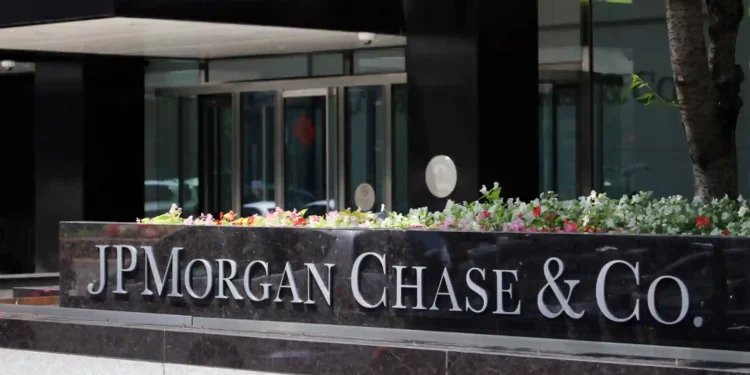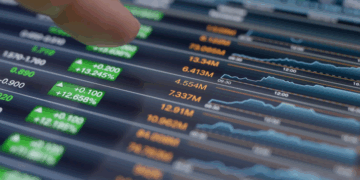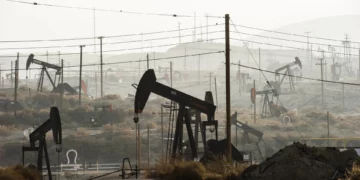JPMorgan Chase will pay $10.6 billion to the FDIC as terms of the deal to acquire most of the assets of the failed lender.
JPMorgan & Chase Co. will purchase the majority of the assets of First Republic Bank, the US’s second-largest bank failure. The regulators mediated this deal after they seized the California-based lender.
JPMorgan Chase said in a press release that they would buy a “substantial amount of their assets and certain liabilities” and also the deposits, both the insured and uninsured of First Republic. They will receive these assets from the Federal Deposit Insurance Corporation (FIDC), the government regulatory body for insuring depositors’ funds.
JPMorgan Chase will pay $10.6 billion to the FDIC as terms of the deal to acquire most of the assets of the failed lender. It will pay back $25 billion as deposited funds of other banks in March as a support aid agreed with the Treasury back then. It will write off its $5 billion deposit.
JPMorgan will register a one-time, post-tax gain of $2.6 billion from this deal. They are expecting a bill of $2 billion for the restructuring of the bank by the end of next year.
In the run to safeguard First Republic’s depositors, the US Treasury Department will charge an estimated $13 billion to the deposit insurance fund of FDIC. It is $20 billion less than the cost of the failure of the Silicon Valley Bank.
This deal took place over the weekend when the FDIC opened its gates for auction bids by several banks to sell the assets of First Republic. JPMorgan bagged the deal to acquire the assets.
Jamie Dimon, CEO of JPMorgan Chase, said that the government invited them along with other players, but only they stood up. This acquisition will have overall benefits for the company and its shareholders; it will help them widen their client base and aid in the expansion of their existing franchise. From now on, 84 First Republic will open and function as JPMorgan Chase branches from this week, with depositors having complete control over the money.
First Republic was the second largest bank failure after the fall of Washington Mutual during the 2008 financial mayhem and the third failure of a US bank in the past two months.
Mayhem of the Banking Sector
The collapse of the Silicon Valley Bank and Signature Bank in the past few months has caught their regulators napping and tanked the confidence of citizens in the US banking sector. This time the regulators tried to boost customer confidence in the banking sector by taking rapid, effective steps to control the recent collapse.
The First Republic started back in 1985 with a single branch in San Francisco, catering to mostly wealthy clients from the sea-facing residents. As of April 13, it had $229.1 billion in assets. In December 2022, it was the 14th largest bank in the country, whereas JPMorgan is still the biggest bank in the US, with total assets amounting to $4 trillion globally.
The bank failed after its stock tanked more than 97 percent after the crisis led by the fall of SVB. The financial injection of $30 billion came to no avail when things started worsening for the First Republic.
The final blow was its results which disclosed that despite the aid from other big banks, it had lost more than of its deposits.
According to FDIC’s rule, customers with deposits equal to or lower than 250,000 will be insured by the agency. The bank disclosed that apart from the $30 billion as aid from other banks, it had uninsured deposits of $19.8 billion.
The majority of the bank’s clientele who withdrew money are wealthy and have deposits well above $250,000. Uninsured deposits at the bank decreased by $100 billion during the first quarter; this does not include the aid of $30 billion from big banks.
In the latest reports, the banks announced that there had been a moderate fall in insured deposits during the quarter and have been stable since last month till April 21.
First Republic came under investigation after the SVB and Signature Bank collapse. It was temporarily rescued by other big banks by providing a lifeline of $30 billion. But this did not restore the depositor’s confidence, and they started to withdraw money.
They tried to sell themselves but were unable to find good deals, ultimately leaving them at the mercy of the government agency FDIC.

















